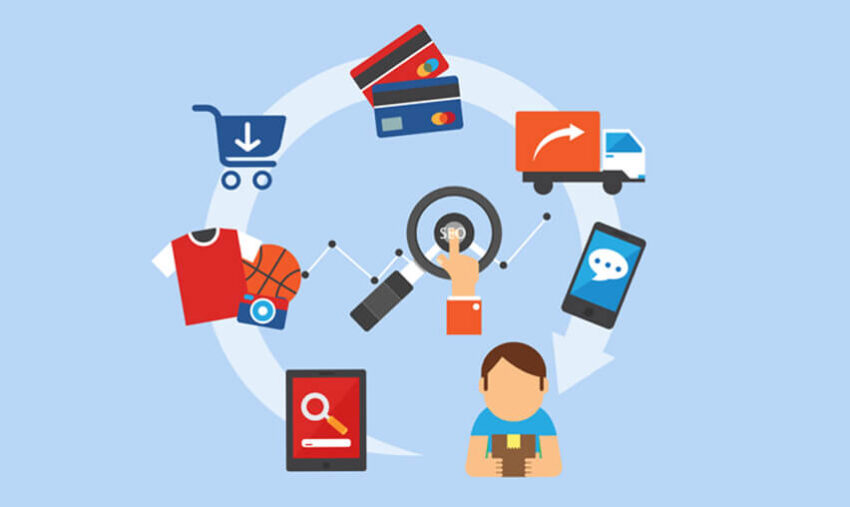The power of social proof in B2B follow-up emails

Social proof is a powerful tool in B2B follow-up emails. It refers to the influence that others have on our behavior, and in the context of sales, it means using testimonials and case studies to demonstrate the value and effectiveness of your product or service.
Including testimonials in your follow-up emails can help to build credibility and trust. When prospects see that others have had a positive experience with your offering, they are more likely to trust your claims and consider taking the next step. Testimonials should be specific, highlighting the results that the customer achieved and the impact it had on their business https://reply.io/email-template-categories/follow-up/.
Case studies are another effective way to use social proof in your follow-up emails. A case study tells the story of how your product or service helped a specific customer overcome a challenge or achieve a goal. By presenting a real-world example, you provide concrete evidence of the value and benefits of your offering. Case studies should be structured in a way that highlights the customer’s pain points, the solution you provided, and the results they achieved.
When using social proof in your follow-up emails, it’s important to choose testimonials and case studies that are relevant to the recipient’s industry or role. This helps to make the examples more relatable and increases the likelihood that the recipient will see the value in your offering.
It can be interesting for you – https://reply.io/e-books/follow-up-guide/.
Using testimonials and case studies to strengthen your emails
Testimonials and case studies are powerful tools to strengthen your B2B follow-up emails. They provide concrete evidence of the value and benefits of your offering, helping to build credibility and trust with your prospects.
When using testimonials in your follow-up emails, it’s important to choose testimonials that are specific and relevant to the recipient’s needs. Look for testimonials that highlight the results that the customer achieved and the impact it had on their business. For example, if your prospect is concerned about the time it takes to implement your solution, you can include a testimonial from a customer who experienced a smooth and efficient implementation process.
Case studies are another effective way to strengthen your follow-up emails. A case study tells the story of how your product or service helped a specific customer overcome a challenge or achieve a goal. When crafting your case study, be sure to structure it in a way that highlights the customer’s pain points, the solution you provided, and the results they achieved. This helps to make the case study more relatable and shows the recipient how your offering can address their specific needs.
By including testimonials and case studies in your follow-up emails, you provide social proof that can help to overcome objections and convince prospects of the value of your offering. This increases the likelihood that they will take the next step in the sales process.
It can be interesting for you – https://reply.io/jason-ai/.



